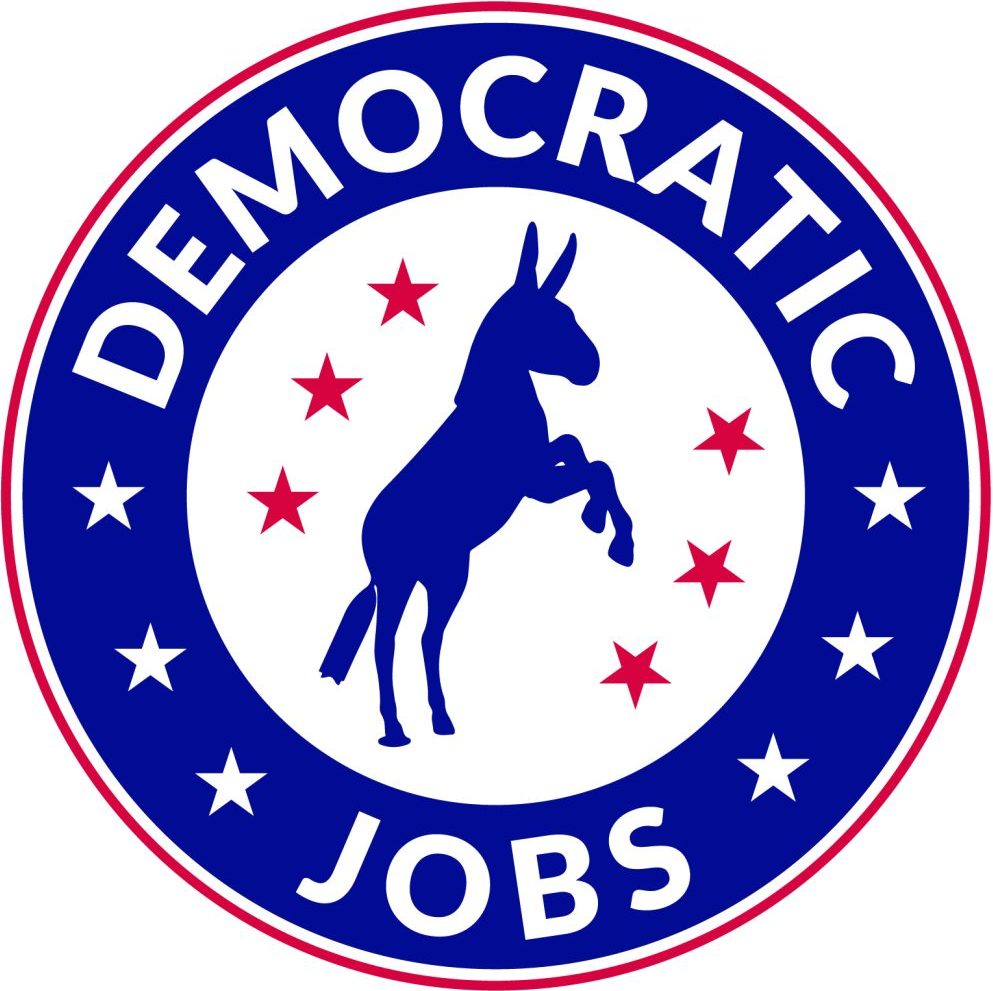Introduction
The Democratic National Committee, commonly known as the DNC, is a cornerstone of American politics. It plays a crucial role in shaping the Democratic Party and influencing the nation’s political landscape. In this article, we will delve into the history, organization, mission, and impact of the DNC, shedding light on its significance in the American democratic system.
Formation and Early History
The DNC has its roots in the early 19th century. It was officially established in 1848 during the tumultuous era leading up to the American Civil War. Key figures like August Belmont and Lewis Cass were instrumental in its formation, with the aim of uniting Democrats and promoting their interests.
The early DNC took on the challenge of coordinating party activities and campaigns, laying the foundation for its future role in American politics.
Organizational Structure
The DNC is structured in a hierarchical manner, with a chairperson at its helm. The chairperson is the chief executive officer, responsible for overseeing the committee’s operations. Additionally, state and local committees play pivotal roles in representing the party’s interests at various levels.
DNC’s Mission and Goals
At its core, the DNC’s mission is to promote the Democratic Party’s principles and advance the interests of its members. This includes supporting Democratic candidates in elections, developing the party platform, and championing diversity and inclusion within the party.
Fundraising and Financial Management
Fundraising is a vital aspect of the DNC’s activities. It relies on contributions from individuals, organizations, and grassroots donors. These funds are used to support Democratic candidates, organize campaigns, and maintain the committee’s operations.
The DNC is committed to financial transparency and accountability, ensuring that its financial resources are used efficiently and ethically.
Role in Presidential Elections
One of the DNC’s most prominent roles is its involvement in nominating presidential candidates. The primary and caucus processes, along with national conventions, are all managed by the DNC. It plays a pivotal role in the selection of the Democratic nominee for the presidency.
Promoting Democratic Values
The DNC is a staunch advocate for progressive policies, focusing on issues such as healthcare, climate change, and social justice. It engages in grassroots activism, mobilizing supporters to champion these causes.
Communication is key to conveying Democratic values, and the DNC utilizes various strategies to reach the American public effectively.
DNC’s Influence on Policy
The DNC wields significant influence in shaping the Democratic Party’s platform and policy agenda. It collaborates with elected officials, pushing for legislative initiatives aligned with the party’s values.
Challenges and Controversies
Over its long history, the DNC has faced challenges and controversies. Past issues, such as allegations of bias during the 2016 primaries, have led to calls for reform and transparency. The DNC has made efforts to address these concerns and improve its processes.
DNC’s Impact on American Politics
The DNC’s impact on American politics cannot be overstated. It has been at the forefront of major policy changes, from civil rights to healthcare reform. The committee’s achievements and milestones have left a lasting imprint on the nation.
Comparing the DNC to its Republican counterpart, the Republican National Committee, reveals distinct differences in approach and priorities.
The DNC’s Future
As American politics evolves, the DNC adapts to the changing landscape. It constantly prepares for upcoming elections, seeking to remain a relevant and influential force in national politics. Its future goals and visions center around a more progressive and inclusive America.
Public Perception
Public perception of the DNC varies, often influenced by political affiliations. Polls and surveys regularly gauge the party’s favorability, and the DNC actively works to improve its image among voters.
Notable DNC Figures
The DNC has been led by several prominent figures over the years. Names like Howard Dean, Debbie Wasserman Schultz, and Tom Perez have all left their mark on the committee and the Democratic Party. The current leadership continues this tradition of leadership and advocacy.
DNC in Local Elections
The DNC’s influence extends beyond presidential elections, as it supports Democratic candidates at various levels of government. This includes state and local elections, where its involvement can significantly impact governance.
Conclusion
In conclusion, the Democratic National Committee, with its rich history, significant influence, and adaptability, remains a pivotal force in American politics. Its role in shaping the Democratic Party’s future and advocating for progressive policies cannot be understated. As it faces future challenges and opportunities, the DNC continues to play a vital role in the United States’ democratic system.
FAQs
1. What is the main purpose of the Democratic National Committee?
The DNC’s primary purpose is to promote and advance the interests of the Democratic Party, support Democratic candidates, and champion the party’s platform.
2. How does the DNC raise funds?
The DNC raises funds through contributions from individuals, organizations, and grassroots donors.
3. What controversies has the DNC faced in the past?
The DNC has faced controversies, including allegations of bias during the 2016 primaries. These issues have led to calls for reform and increased transparency within the committee.
